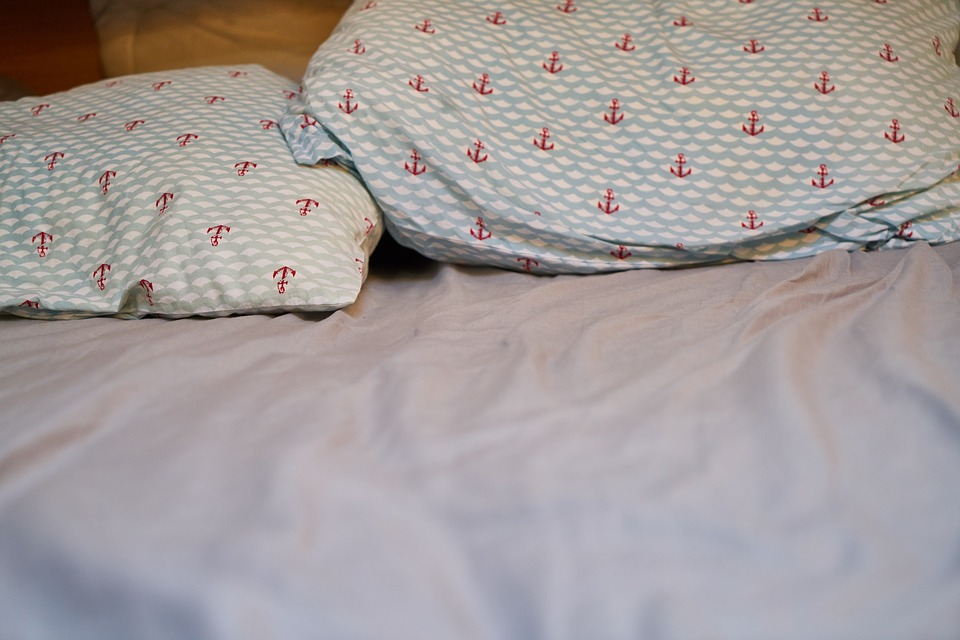
Everybody knows that getting a decent amount of sleep every night can do wonders for both your mental and physical well-being. It is not until recently that the scientific data to actually back these claims were discovered. Fortunately, with the continued enhancements of monitoring technologies, scientists can now be able to measure the benefits of a good night’s sleep and make their findings available to anyone who needs to know how important sleep is.
Sleep routines and patterns studies conducted over the past 10 years indicate that a good night’s sleep can increase athletic and academic performance and improve emotional stability, levels of focus, and productivity, among many other things. It is also important to note that the mattress you sleep on significantly contributes to the quality of sleep you get every night. Check here for more information on the type of mattress that is best suited for you.
What Should a Good Night’s Sleep Entail

Conforming to experts at the National Sleep Foundation, a good night’s sleep should:
- Happen within 20 minutes of an individual lying down in bed
- Last between 7 to 9 hours without any interruptions whatsoever
- Leave you feeling well-rested and ready to tackle the next day
What Practices Would Help Improve Your Sleep Patterns
1. Creating a Sleep Schedule You Can Stick to
Scientifically, it is important to set aside at least 8 hours for sleep which is the recommended amount of sleep for a healthy adult. Many individuals do not need more than 8 hours of sleep to feel well-rested.
Your sleep schedule should ensure that you go to bed and get up at the same time every day, even on the weekends. Making sure you always stick to your sleep schedule reinforces your body’s sleep-wake cycle. If you cannot sleep within the first 20 minutes, try doing something relaxing like listening to soothing music or reading.
2. Paying More Attention to What You Eat and Drink Before Bed
You mustn’t go to bed stuffed or hungry. Having a large or heavy meal before bed should particularly be avoided since it causes discomfort, which will keep you up.
Additionally, drinks that contain caffeine, nicotine, and alcohol should also be avoided. The stimulating effects of caffeine and nicotine take hours to wear off and can therefore wreak havoc on quality sleep. Despite the fact that alcohol might make you sleepy, it will inevitably disrupt your sleep later in the night.
3. Creating a Restful Environment
Your room should look and feel ideal for sleeping which basically means dark, quiet, and cool. Since exposure to light makes it more difficult to fall asleep, it is crucial to avoid prolonged use of light-emitting screens before bed. Did you know that fully electric hospital beds can release the stress and tension of the body by relaxing the muscles? So, getting one would be a good investment.
Using earplugs, a fan, room-darkening shades, or other devices can prove useful for creating an environment that influences sleep. Calming activities such as using relaxation techniques or taking a bath before bedtime might also promote better sleep.
4. Limiting Daytime Naps
Sleeping during the day and taking leisurely naps interfere with nighttime sleep. If you must take a nap, then you should limit yourself to 30 minutes of sleep and ensure that you are not doing it so late in the day. However, if you work nights, you might need to take a nap later in the day to make up for your sleep debt.
5. Including Physical Activities in Your Daily Routine
Doing physical activities on a regular basis promotes better sleep; however, you should avoid doing them too close to bedtime. Exposure to fresh air and daylight is also integral for better sleep.
6. Managing Distress
Resolving things that worry and stress you before you go to bed is important. Developing stress management techniques such as setting priorities, getting organized, and delegating tasks might help. Meditating is also an activity that can both ease anxiety and promote better sleep.
Adopting Better Sleep Patterns
Even though it might take a few days or weeks to settle into a healthier sleep routine, it is important to start making the necessary adjustments. You can start with something as basic as keeping track of your sleep habits in order for you to know what you can do to get better sleep.
Everybody experiences trouble sleeping at some point. If sleep deprivation starts getting in the way of your ability to work efficiently during the day, it is an indication that you need to adopt better sleep patterns.
Although there isn’t a sleep solution that works well for everyone, there are a number of practices you can try out before you find one that works for you. If you find yourself struggling with sleep in the long term, you should consider seeking professional help.








